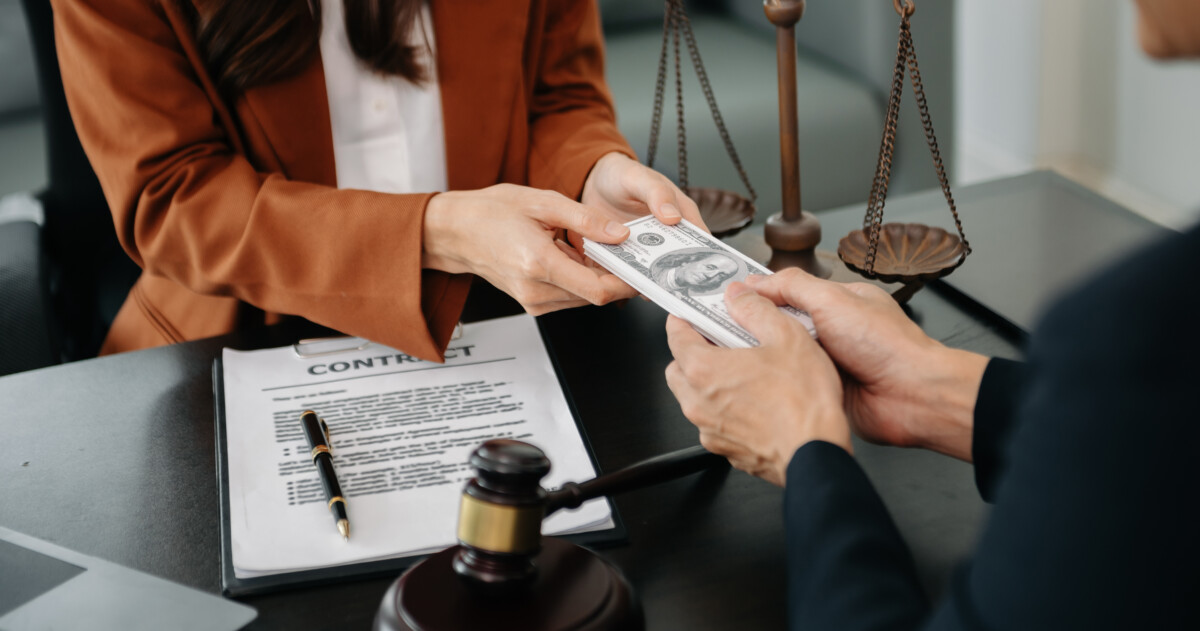Divorce Without a Lawyer: Pros & Cons

Divorce Without a Lawyer: Key Pros, Cons, and Considerations
Divorce is a life-altering decision, and the process can be emotionally and financially draining. One of the most debated aspects of divorce is whether to hire a lawyer or handle the process independently. While opting for a DIY divorce can save money and provide a sense of control, it also comes with risks. This article delves into the pros and cons of divorce without a lawyer, offering practical advice to help you make an informed decision.The Financial Benefits of Divorce Without a Lawyer
One of the most appealing aspects of a DIY divorce is the potential for cost savings. Legal fees can quickly escalate, often reaching thousands of dollars. By handling the process independently, you can allocate those funds toward other priorities, such as housing, child support, or rebuilding your life post-divorce.- Cost Savings: Avoiding attorney fees can significantly reduce the financial burden of divorce.
- Accessible Resources: Many states provide online forms and resources to simplify the process.
Ready to connect with top legal professionals? Get immediate support— Call us at 877-550-8911.
Emotional Considerations in a DIY Divorce
Divorce is inherently emotional, and handling it without a lawyer can amplify these feelings. On one hand, taking control of the process can be empowering. You and your spouse can negotiate terms directly, fostering a sense of collaboration and mutual respect. On the other hand, the lack of professional guidance can lead to heightened stress and conflict. Emotional factors may cloud judgment, making it difficult to negotiate fairly or make rational decisions. For instance, disagreements over child custody or asset division can escalate quickly without a neutral third party to mediate. To manage these challenges, consider seeking emotional support through counseling or support groups. Addressing your emotional well-being can help you approach negotiations with clarity and focus.Common Mistakes to Avoid in a DIY Divorce
When handling a divorce without a lawyer, it’s easy to make mistakes that can have long-term consequences. Here are some common pitfalls to watch out for:- Incomplete Documentation: Failing to gather all necessary financial records can lead to disputes later.
- Ignoring State Laws: Each state has unique divorce regulations, and overlooking these can result in unfavorable outcomes.
- Neglecting Emotional Health: Focusing solely on legalities can leave emotional issues unresolved, affecting negotiations.
When Divorce Without a Lawyer is a Viable Option
A DIY divorce may be a viable option if you and your spouse can communicate effectively and agree on key issues. For instance, if you have a straightforward financial situation and no children, the process can be relatively simple and cost-effective. However, if your case involves complex assets, significant disagreements, or child custody disputes, proceeding without a lawyer can be risky. In such scenarios, consulting a legal professional, even for a brief consultation, can help you understand your rights and obligations.The Importance of Communication in a DIY Divorce
Effective communication is crucial when handling a divorce without a lawyer. Open and respectful dialogue can help both parties reach mutually agreeable solutions, reducing the need for costly legal intervention. However, communication breakdowns can complicate the process. If one party is uncooperative or unwilling to negotiate, disputes may arise, leading to prolonged conflicts. In such cases, mediation services can provide a neutral platform for resolving disagreements.Legal Implications of Divorce Without a Lawyer
While a DIY divorce can save money, it also carries significant legal risks. Without professional guidance, you may overlook critical legal requirements, such as filing deadlines or mandatory disclosures. These oversights can lead to delays or even dismissal of your case. Additionally, negotiating complex issues like asset division or child custody without legal expertise can result in unfavorable outcomes. For example, you may inadvertently waive your right to spousal support or agree to an unfair custody arrangement. To mitigate these risks, educate yourself about the legal process and seek advice from reputable sources. Online platforms like LegalCaseReview and external resources like Nolo can provide valuable insights into navigating the legal system.Making the Decision: Is Divorce Without a Lawyer Right for You?
Deciding whether to pursue a divorce without a lawyer depends on your unique circumstances. If you and your spouse can collaborate effectively and agree on key issues, a DIY divorce may be a viable option. However, if your case involves significant complexities or disputes, seeking legal counsel is advisable. Ultimately, the choice should be based on a careful evaluation of the pros and cons. Consider your financial situation, emotional resilience, and ability to navigate the legal system before making a decision.FAQs
1. Can I handle a divorce without a lawyer if we have children? Yes, but child custody and support arrangements can be complex. It’s essential to research state laws and consider consulting a lawyer to ensure your children’s best interests are protected. 2. What documents do I need for a DIY divorce? You’ll need financial records, property deeds, tax returns, and any agreements related to child custody or support. Organizing these documents in advance can streamline the process. 3. How long does a divorce without a lawyer take? The timeline varies depending on state laws and the complexity of your case. In some states, a mandatory waiting period may extend the process. 4. What if my spouse hires a lawyer? If your spouse hires a lawyer, it’s advisable to seek legal advice as well. A lawyer can help level the playing field and ensure your rights are protected. 5. Are online divorce services reliable? Many online divorce services are reputable and can simplify the process. However, it’s essential to choose a service that complies with your state’s legal requirements. Understanding wrongful death damages can provide some relief during a difficult time, ensuring that justice is served and financial burdens are eased.Don’t wait to secure the legal representation you deserve. Visit Legal Case Review today for free quotes and tailored guidance, or call 877-550-8911 for immediate assistance. </blockquote




